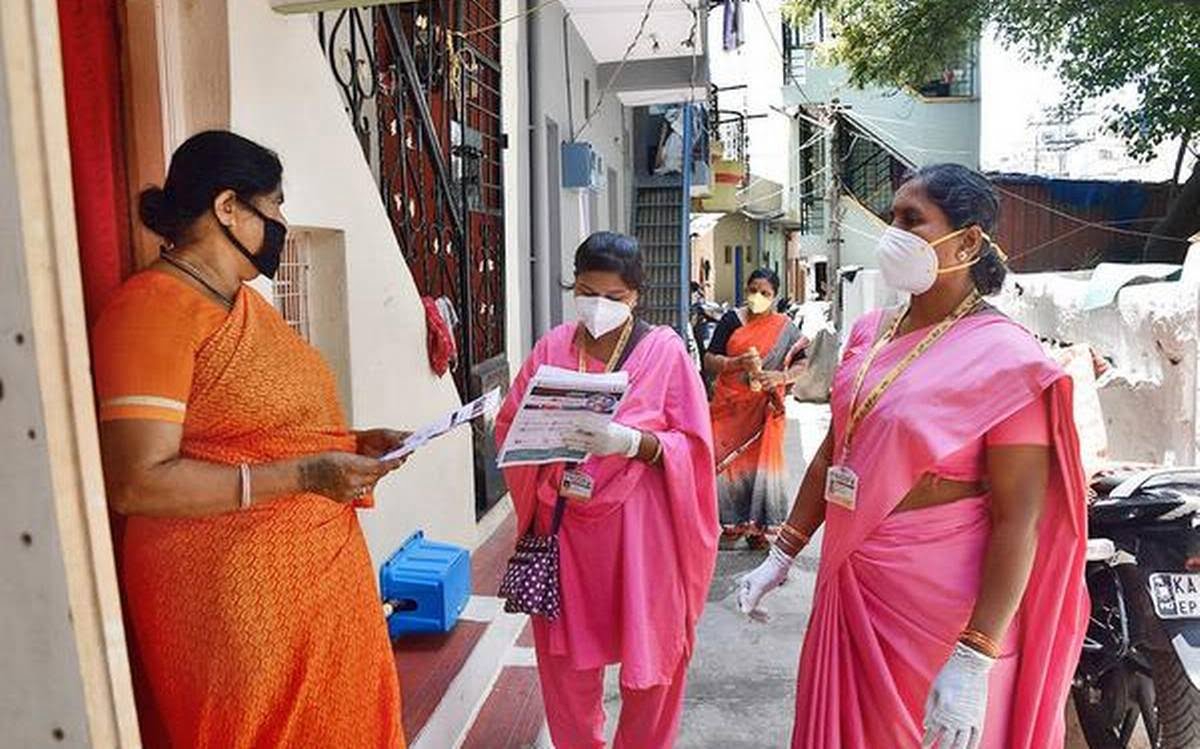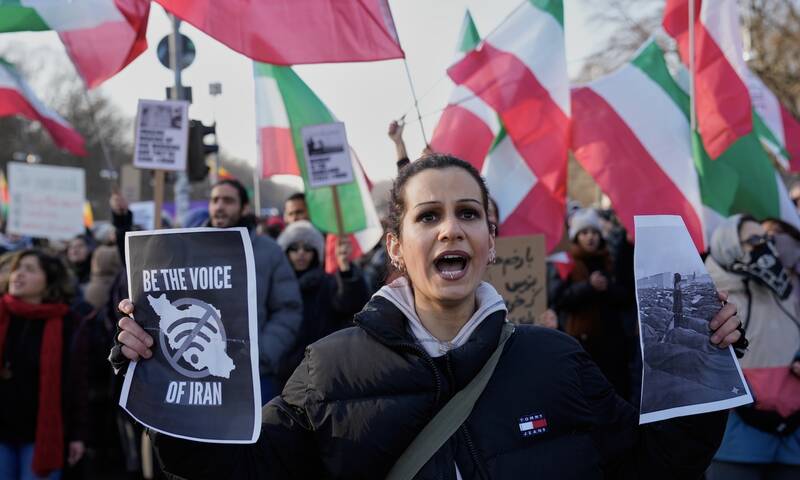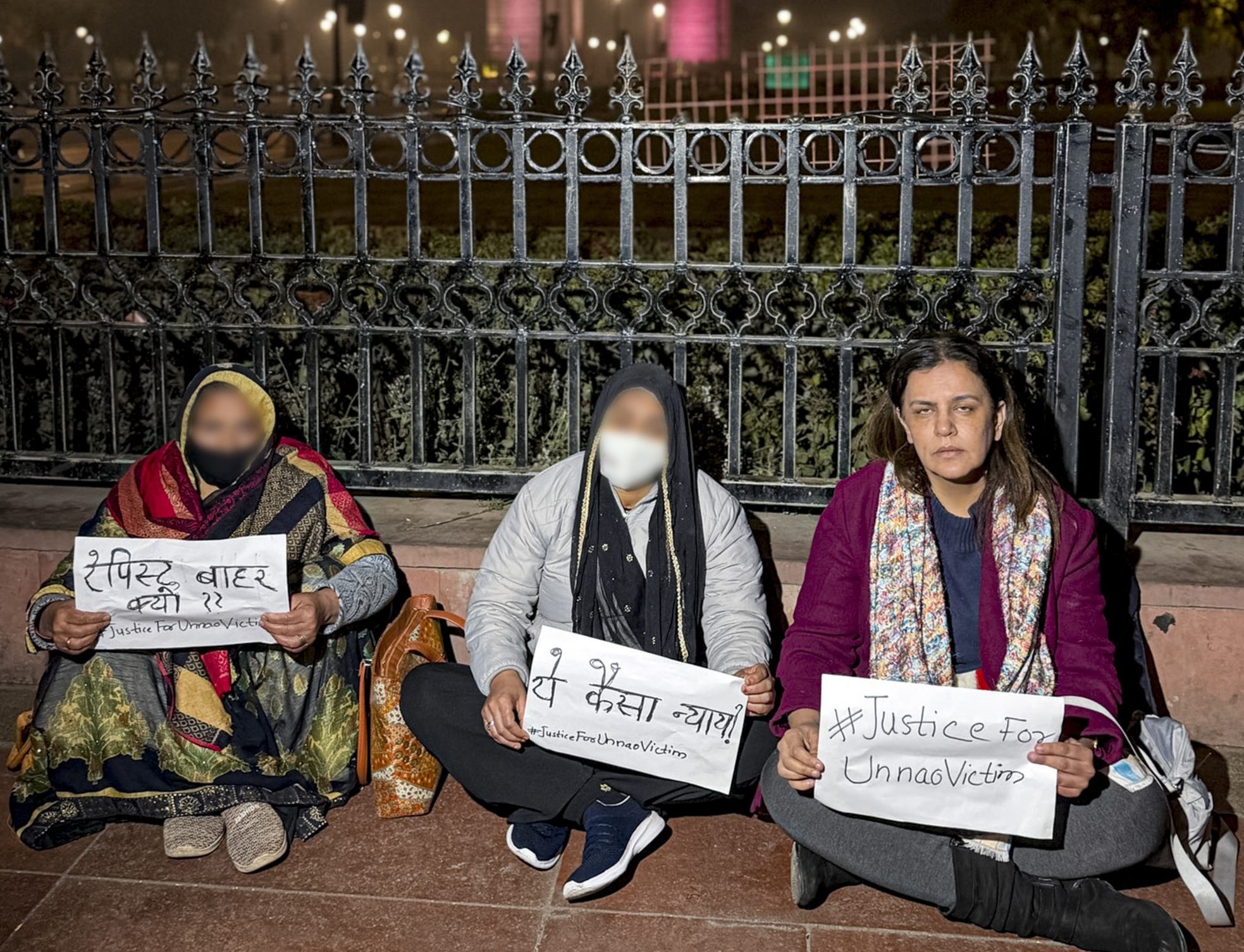As the Omicron variant is starting to take shape, the world starts to prepare itself to deal with yet another wave of COVID-19. Various countries have already imposed travel restrictions, following which the Chief of the United Nations slammed these states for practising ‘travel apartheid’.
According to the World Health Organization, as of 3 December 2021, approximately more than 52 lakh people have died due to coronavirus infections. However a positive sign was how approximately more than seven billion doses of vaccine have been administered by 2 December 2021, globally.

At the peak of the pandemic in 2020, several countries got into conflicts. The trade war between some worsened, whereas some revived their territorial conflicts. The then President of the United States, Donald Trump, even showcased his racism when he called the virus: the ‘Chinese’ virus. At the time of an interdependent global problem, the states were busy finding zero-sum solutions when co-operation was the only solution. As a result, various states suffered due to unilateral lockdowns, trade restrictions, and a restricted supply of essential goods. This ongoing pandemic is a realization that ‘power cannot be simply defined as domination and control, rather it also has to include ‘collective empowerment’ within it.’
The ‘soft’ sectors, namely health and education have traditionally been ignored under conventional discussions pertaining to international relations. However, it was during the pandemic that the realisation that human security and socio-economic well-being has to be prioritized came into the mainstream and the focus shifted from passionate deliberations over traditional militaristic national security instead.
Also read: Addressing The Gender Gap In COVID-19 Vaccination Drive In India
The ‘soft’ sectors, namely health and education have traditionally been ignored under conventional discussions pertaining to international relations. However, it was during the pandemic that the realisation that human security and socio-economic well-being has to be prioritized came into the mainstream and the focus shifted from passionate deliberations over traditional militaristic national security instead.
Unpacking the ‘masculine’ and ‘feminine’ constructs during COVID-19
Conventionally ‘feminine‘ traits like dependency, care, and vulnerability are often subordinated to the extent of dismissal in international politics. Meanwhile, ‘masculine’ constructs of independence, military might, national security, and sovereignty are attributed to states. This pervasiveness of the masculinist constructs is so vast that even during the pandemic, terminologies such as ‘battle’ (against COVID-19) and ‘war’ were seen as being used.
The ‘feminine’ traits of care and caution became the most powerful ‘defense’ tools possessed by healthcare workers who risked their lives to save other people’s lives during the pandemic. Also, the increase in domestic violence cases in India during the pandemic raised the question that feminists have been asking for long: if there is a link between domestic violence and highly militarized societies.
The expressions like “war against the virus” and describing hospitals as ‘war zones’ might further create anxiety among the people. They create the “us-they” dichotomy, posing the virus as the enemy and the need to eliminate the enemy. This dichotomy then disregards the reality that the people might have to co-exist with the coronavirus, the enemy.
Amidst this catastrophe, several individuals and groups got affected disproportionately, like women, trans people, persons with disabilities, the elderly, migrants, and socially displaced persons. As the primary actors in International Relations (hereinafter, IR) are national states, these individuals do not form a part of the level-of-analysis problem in IR. However, in the contemporary world of global media and human rights activism, this exclusion is not feasible.
The disproportionate effects of COVID-19 on women
The women have been affected disproportionately in this pandemic, largely as a consequence of the existing inequalities, which include their vulnerability to domestic violence, gender roles keeping young girls out of schools (and eventually from the workforce), and their over-representation in the vulnerable sectors of employment. All these inequalities are a result of social hierarchy created by patriarchy. The informal sector contains disproportionately more women than men which are hit the hardest in times of economic shocks; COVID-19, being the source this time.

In India, around 90% of women in paid jobs are in the informal sector. Approximately 80% of the garment sector’s workforce in the Asia-Pacific region comprises women. Due to the collapse of the garment sector during the pandemic, these women lost their jobs and hence, their economic and social empowerment was impeded. Secondly, the prevalence of gender roles in India burdened women with more unpaid domestic work during the pandemic because of which, many had to retreat from the workforce. In India, while women account for only 10 percent of the jobs, they accounted for 23 percent of the job losses from March 2020 until March 2021.
A tremendous increase in complaint cases was also recorded where women were assaulted in their homes during the lockdown, particularly domestic violence cases. In India, the number of domestic violence complaints skyrocketed from 2,960 in 2019 to 5,297 in 2020.
The gendered division of labour has 70 percent of women in the health sector globally, including in care institutions. This demonstrably added a double burden on women during the pandemic: longer shifts at work and additional care work at home. In addition, the vaccines developed against the virus have been showing different side effects on women than men, which is among the causes of vaccine hesitancy among women.
Dichotomies in feminism
The men-women dichotomy has already created difficult situations for non-binary folks and the trans community, especially during the pandemic when gender-based lockdowns were imposed in states like Colombia and Panama. Both of these states implemented a lockdown policy measure where men and women were allowed to leave their homes on alternate days. This policy led to an increase in violence against the transgender community.
The men-women dichotomy has already created difficult situations for non-binary folks and the trans community, especially during the pandemic when gender-based lockdowns were imposed in states like Colombia and Panama. Both of these states implemented a lockdown policy measure where men and women were allowed to leave their homes on alternate days. This policy led to an increase in violence against the transgender community.
Adhering to ‘Butlerian’ feminism, the objective of feminist IR should not be to create dichotomies of masculine-feminine or men-women. Instead, the aim of feminist IR is to deconstruct dichotomies and make IR more inclusive and intersectional.
Also read: COVID-19: Why We Need To Rethink The Relationship Between Gender And Power
As the Omicron variant is already round the corner, the policymakers should make sure that their approach to dealing with the pandemic is gender-sensitive. There is a need to make policies for women who have lost their jobs, enabling their re-entrance into the workforce. All the states should act in cohesion, instead of imposing travel restrictions on each other and indulging into conflicts. COVID-19, being a global catastrophe, demands a global solution.
Suryanjali is a postgraduate student at Jawaharlal Nehru University. She is a budding feminist. She is passionate about issues related to gender, feminist International Relations and women’s rights. You can find her on LinkedIn
Featured image source: newsclick




